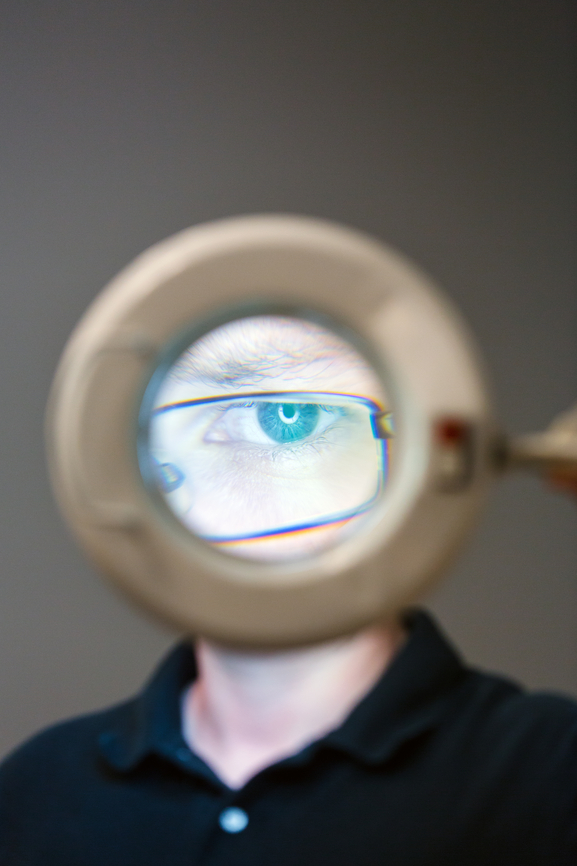Eyes may be the window to the soul but they also offer valuable clues about the overall health and well-being of seniors. It is important for older adults to have regular eye check-ups, not only to screen for vision problems but also as a tool which may help diagnose chronic illness.
Eye Problems That May Indicate Illness
- Cloudy eyes are a likely sign of a cataract; surgery is an effective treatment
- A stye that keeps coming back, particularly if it is accompanied by eyelash loss, can be a sign of a rare cancer
- Bulging eyes may indicate thyroid problems
- Chronic droopy eyelids or double vision can signal Myasthenia Gravis (an autoimmune disease)
- Fatty deposits under the eyelid may be a warning sign of high cholesterol, diabetes or cancer
- Brown spots on the eyelid, especially on fair skinned seniors, are a common sign of basal-cell carcinoma
- Eye pain, blurred vision, nausea and a halo effect around lights are warning signs of glaucoma. By the time tunnel vision or loss of peripheral vision occurs, the damage may be permanent.
- Sudden loss of vision or double vision can be a sign of stroke – seek medical care immediately
- Hazy, dim or blurred vision can be a symptom of multiple sclerosis
- Yellowing of the white of the eye can indicate jaundice, a symptom of poor liver function or gallbladder problems. Hepatitis and cirrhosis are common conditions associated with jaundice.
- Dark, blurry spots in the line of sight can be related to macular degeneration. While there is no cure, medication can slow the progression.
- Sudden loss of the ability to close one eye or watery eyes can be a sign of Bell’s Palsy. Medical attention should be sought to rule out more serious conditions.
- Brain tumours are rare but often detected through an eye exam because they may cause the optic disc to swell.
The Canadian Ophthalmological Society recommends healthy adults over the age of 65 see an eye doctor at least every two years and those with conditions such as diabetes, thyroid disease or a family history of eye problems should be screened annually.
Recent research to develop eye tests which may be able diagnose the early stages of Alzheimer’s Disease and Multiple Sclerosis offer hope for an inexpensive, less invasive means of diagnosis. Early detection and treatment, while not a cure, can slow down the progression of these neurological disorders with early medical intervention.






Add Your Voice
0 Comments
Join the Discussion